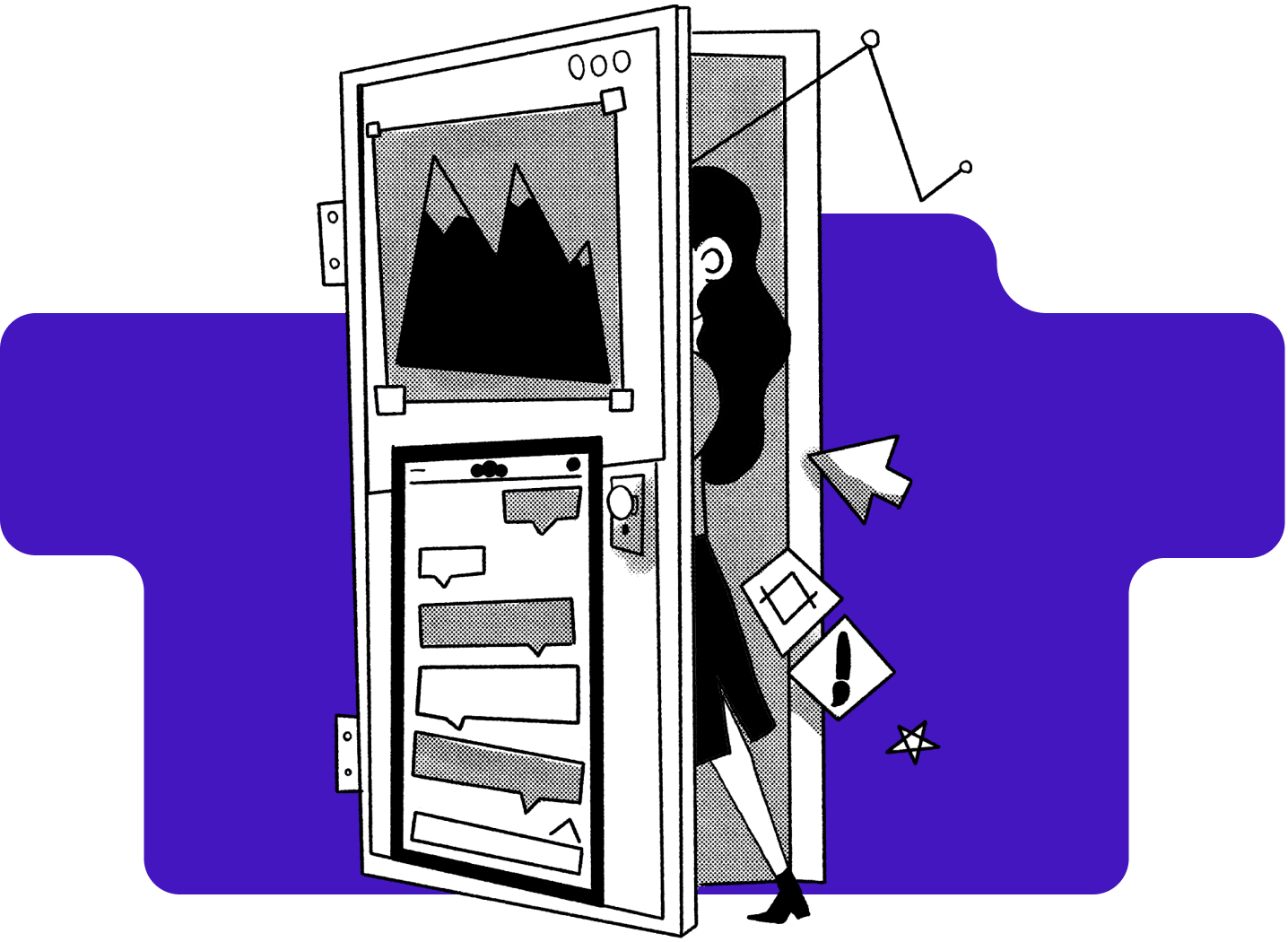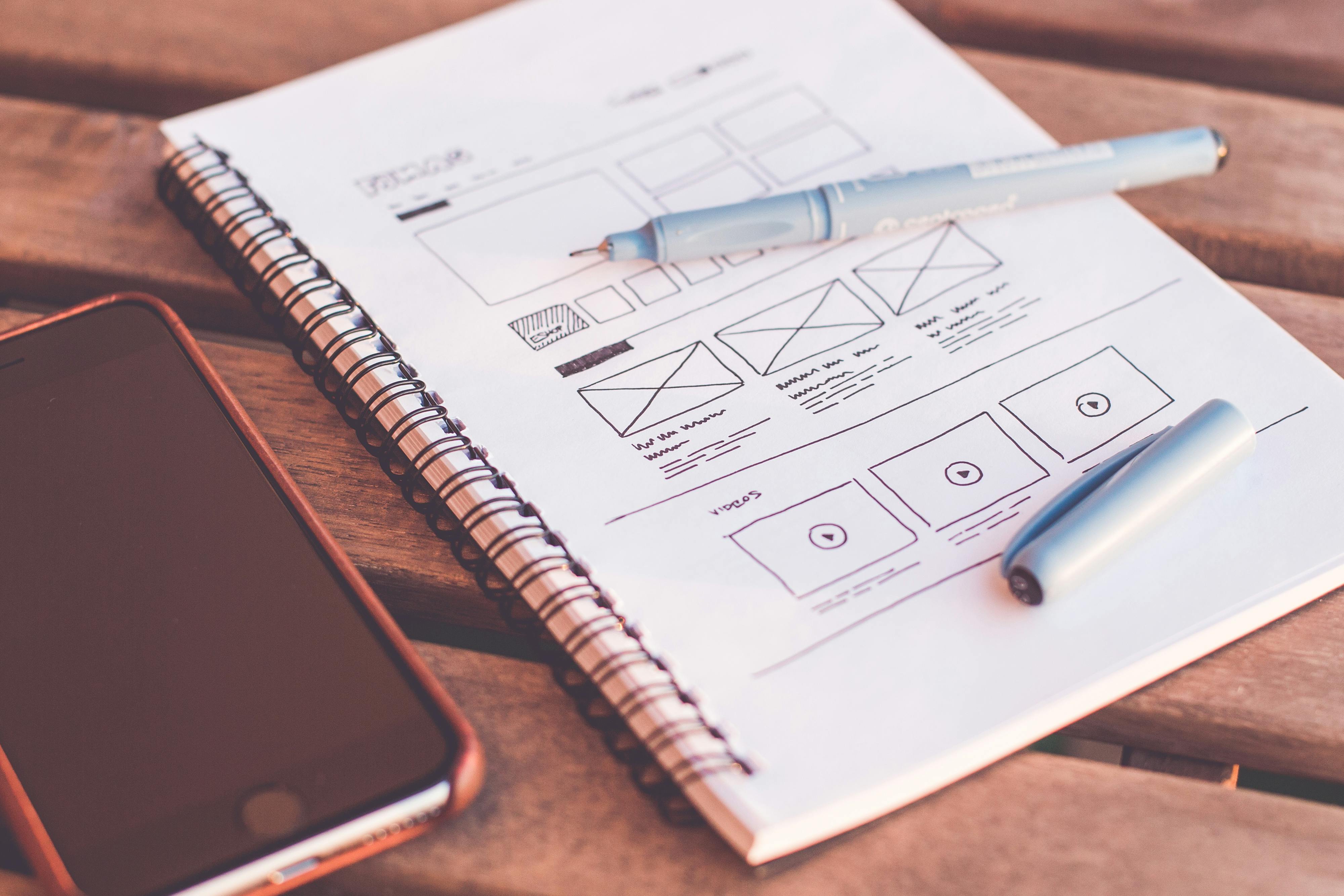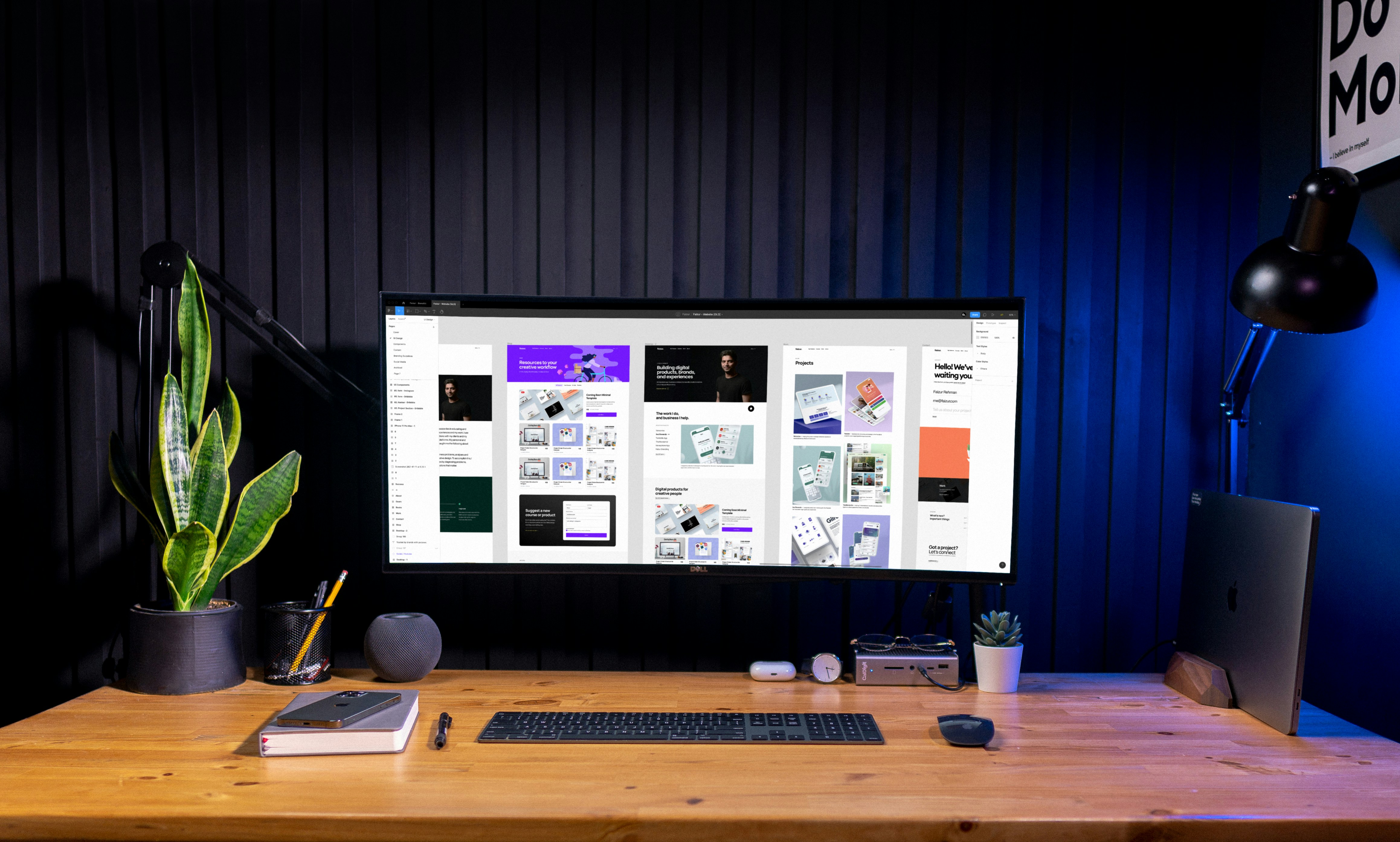As a fumbling art student during college, I used to create installations out of ephemeral and toxic materials, like resin, eggs, fiberglass insulation, and dead bees. It was during this time of messy (and smelly) experiments that I encountered a life-changing mentor — sculptor and art professor, Ed Love.
While mentors are referred to in multiple ways — coach, advocate, guide, facilitator, adviser, guide, guru, counselor, tutor, consultant — a common thread of approach is highlighted in this quote by the poet Robert Frost about mentoring, “I am not a teacher, but an awakener.”
What Frost suggests is that an “awakener”—or mentor—can illuminate untapped areas for personal and professional growth . In other words, a mentor can show you possibilities that may not have been on your radar at first, invariably shaping your career (and maybe your life) in meaningful and unexpected ways.
For instance, when others could have easily dismissed my undergraduate artwork as angsty and gross (which, admittedly, it was), my mentor, Ed, helped me to see the promise of whatever I was working on, always approaching me and my endeavors with open-mindedness, mutual respect, and insightful feedback. He pushed me to gain something beyond the traditional markers of success when pursuing my education and was pivotal in fostering my deepening, life-long devotion to writing and literature.
What are the benefits of having a mentor?
An undeniably powerful example of mentoring is First Lady Michelle Obama, who mentored Barack Obama when he was a summer associate at her Chicago law firm. She later launched a mentoring program after moving into the White House, which she says was intended to “open a secret door for others that hadn’t been opened for me” and involved pairing disadvantaged girls with powerful women leaders, such as Chief of Staff and other senior officials.
For many mentors like Michelle Obama, mentoring is implicitly about serving as a role model and empowering promising mentees, regardless of socio-economic background, and ensuring their path to success is more feasible and equitable.
On a related note, if you’re a career changer—especially from underrepresented communities—you may feel pangs of the dreaded “imposter syndrome.” Working with a mentor who is already in your desired field can be invaluable since they will reinforce your value and affirm your presence and contributions, offering you the boost of confidence needed to persevere and navigate unforeseen challenges. That said, a great mentor also helps you notice your assumptions and pushes you beyond your comfort zones in constructive ways.
The co-founder and CEO of BodeTree, Chris Myers, refers to mentors as “accelerators” and believes that “mentoring is valuable for both professional and personal development.” For him, an early mentor became a pivotal figure in his life, exposing him to entrepreneurship, writing, and executive management. He emphasizes that this first major accelerator of his life impacted his trajectory in such a way that “cannot be overstated, and I continue to owe him a great debt of gratitude to this day.”
Another major plus about having a mentor is that, with their guidance, you can foreseeably streamline your learning curve in a new field or industry, shaving off months — maybe even years — of time for gaining proficiency and mastery! This means the measurable impacts of a mentor can be significant, saving you valuable time while learning and helping you avoid common pitfalls.
It’s for all these reasons that Designlab includes one-on-one mentoring in all of our courses, for every student, because we’ve found that mentors enhance student learning and potential in such profound ways, resulting in long-term success. We’ve seen how great mentors help students see past their blind spots and, through constructive feedback, offer guidance about best ways to improve one’s approach and performance. We’ve also seen, during the job search process and beyond, how mentors advocate, connecting mentees with opportunities and other people in the industry, along with generously sharing about what they’ve learned during their journey.
So if you’re going through a career change or learning something new, why go it alone?
Do aspiring designers really need mentors too?
The value of a mentor may seem more obvious or expected for other professions as part of the journey to proficiency and mastery, but for aspiring designers, a mentor can make all the difference in reaching your best potential and cultivating a dynamic career.
For instance, in our Ultimate Guide to Becoming a Designer Without Going to Design School, Andrew Wilshere notes how design mentors offer crucial insider tips, especially about the job search:
The stuff you learn during a design course is mainly about well-documented design principles and processes. But when it comes to job applications, many of the rules are unwritten, and being in contact with industry insiders can help you to avoid common mistakes when writing applications, presenting portfolios, and attending interviews.
While a bootcamp or class can offer so much information, a mentor — especially one who is currently working in the industry or role you aspire to — can share practical tips and information about current industry trends that you wouldn’t necessarily learn about in a text or course. In other words, a mentor gives you access to the rest of the iceberg!
When I asked Matt Farley, a freelance designer and Designlab mentor, about whether the mentoring model matters in learning design, he told me:
There is so much to learn in this industry. With the constant ever-changing landscape of design tools, trends, and techniques, it’s really beneficial to have a guiding voice to help you determine where best to invest your time and energy… rather than having to figure all of that out on your own.
So why go about the job search or career change alone, when a mentor will introduce you to incredible resources, save you time, offer encouragement when you have setbacks, help you evolve in your career, and connect you with meaningful opportunities?
Okay, so where can I find an awesome mentor?
Before setting out to find that dream mentor, ask yourself some key questions to make it more likely to cultivate a compatible and meaningful relationship with a mentor:
-
What is the desired knowledge, skill set, or experience you hope to gain?
-
Are there particular soft or hard skills you are hoping to strengthen?
-
What kind of time commitment is feasible and preferable?
-
To borrow a phrase from Karen Russell, a Harvard-trained lawyer, who said mentoring could be for a “reason, a season, or a lifetime,” how long would you ideally like to work with a mentor?
-
Do you prefer to meet in person, remotely, or a combination?
-
What kind of experience or expertise should your mentor ideally have?
-
What do you find challenging that would be helpful to talk to a mentor about?
While a designer at a renowned company, such as Facebook or Google, may seem like an ideal mentor choice, keep in mind that the best mentors may also work in different types of environments like smaller agencies or as freelancers, or they may work in a different industry altogether, so stay open to possibilities.
For finding the right mentor, Sara Vilas Santiago, a freelance designer who leads curriculum and mentorship for Designlab, first encourages having a clear sense of your goals and then finding a mentor that “you believe in.”
This is very important. If you don’t believe in them, you won’t listen to them. And you won’t grow. Figure out what makes you believe in someone. For some it will be years of experience, or the companies they have worked for. For others it will be the path and achievements they’ve had, or the way they communicate.
You can meet potential mentors at Meetups, your local Interaction Design Association (IxDA) chapter, industry conferences, or within your existing network, along with online communities, such as re:create, Design Mentors, Junior UX Community, and Designer Hangout.
Once you find your mentor, here are a few tips for cultivating a mentor relationship based on reciprocity, empowerment, and solidarity:
-
Don’t rely on your mentor to motivate you. Take initiative to start your own projects and attend professional events.
-
Trust that your mentor has your best interests at heart, so stay open to their suggestions and constructive feedback.
-
If you’re not receiving the mentoring as part of a course, ask how you can repay your mentor for their time—whether it’s through skill-sharing, compensation, or helping with a project.
-
Stay organized and focused by discussing next steps at the end of each meeting.
-
Show your gratitude! When you find a mentor who really helps to lift your work, make sure to let them know how much you are getting out of the experience. It will give them a buzz and enhance your relationship in the longer term.
Ready to learn design with your very own mentor? Apply for Design 101 today and we’ll match you with an expert designer who’ll guide your work through online feedback and weekly 1-on-1 video calls.



.svg)







%20(1)-min.png)

.png)




